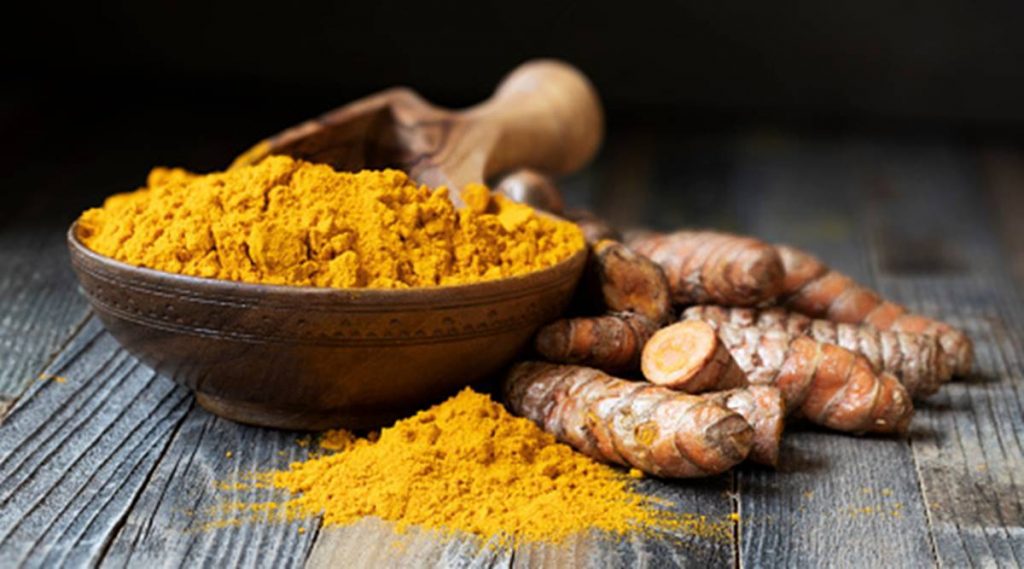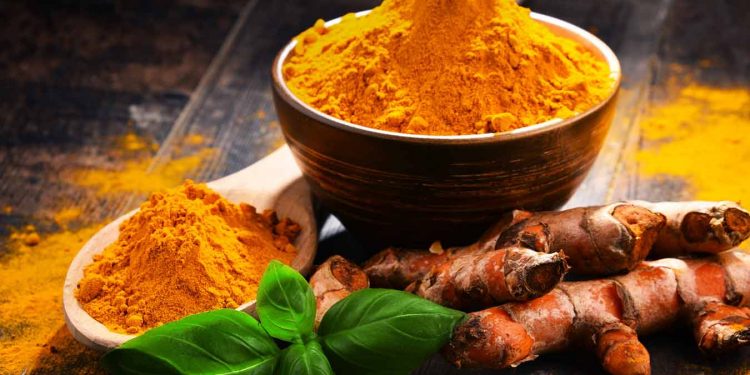Is Turmeric safe?
If you look at all the nutritional supplements on the market and compare their potential benefits in aspects of the effect on health, you will be hard-pressed to find supplements that contain turmeric.
Turmeric is a plant related to ginger that is grown in India and other parts of tropical Asia. Long before the supplement industry began marketing turmeric massively for its suggested benefits, it had been used for medicinal purposes in most parts of South Asia.

Historically, turmeric has been used to treat many health problems such as severe pain, trouble breathing, and fatigue. However, at the present time turmeric is used as a nutritional supplement to support many aspects, including health:
- Infections
- Arthritis
- Stomach problems
- Digestive health
- Muscle pain
Needless to say, the benefits of turmeric appear to broaden the needs of the general population and active people. In this article, we will learn about turmeric, how it is used in nutritional supplements, why it is a great alternative to black pepper and three health benefits that come from consuming this ancient spice.
What is turmeric?
As mentioned above, turmeric is a plant in the ginger family. In the kitchen, you will find that turmeric is referred to as golden root, and turmeric is the reason why mustard and turmeric get their bright yellow appearance. The options for using this plant when cooking are endless. For example, turmeric is one of the main ingredients in curry powder, and it can be used as a spice (ground turmeric), as an additive to samoshi (fresh turmeric root) or as a way to flavor or color any meal.
What makes turmeric so wonderful is a vital, effective component of the plant known as curcumin.
Curcumin is a separate and popular dietary supplement, and it is the main ingredient in Golden Root. It has several anti-inflammatory properties and works as an antioxidant in the body . There are other active ingredients in turmeric, but most of the studies listed below that have looked at turmeric’s benefits have focused their attention on curcumin.
When it comes to taking supplements, there are several ways to take turmeric. The most common options tend to be in the form of capsules or powder, but there are also creams, sprays, and liquids from turmeric.
When it comes to taking supplements, there are several ways to take turmeric. The most common options tend to be in the form of capsules or powder, but there are also creams, sprays, and liquids from turmeric.
Turmeric and black pepper
Sometimes, you will find that turmeric and black pepper are combined together in supplements or recommended to be taken together, which is for a good reason. As discussed above, curcumin is the main ingredient in turmeric and has what can be considered a synergistic effect with piperine, an active ingredient in black pepper.
Piperine is an alkaloid, an organic compound produced by eating black pepper, and it has an effect on the human body as it significantly increases the body’s absorption of curcumin. In addition to increasing absorption, piperine has also been suggested to relieve headache and nausea pain and have anti-inflammatory properties.
For these reasons, and in particular its effect on curcumin’s absorption rates, it is recommended to consume turmeric and black pepper together. Theoretically, if you could effectively increase your body’s absorption of vital anti-inflammatory ingredients like curcumin with a synergistic compound like piperine, you could benefit more from its benefits.
Turmeric health benefits
First, it may reduce muscle pain
This was mentioned above, but one of the biggest benefits of turmeric to a serving is its anti-inflammatory properties. For active people, these anti-inflammatory properties may be shown to reduce muscle pain.
In a 2017 study published in the Journal of Sports Medicine Science, the book measured curcumin’s effectiveness in reducing muscle pain and damage after exercise. This study compared three groups who received different supplements with different doses of the curcumin supplement. The first group got a 50-mg dose, the other 200-mg, and the last group got a placebo. 59 male and female athletes were divided into specific groups, and then participated in a downhill run.
To measure muscle damage and pain, the authors measured plasma cytokines, creatine kinase (an indicator that measures muscle damage) and estimated muscle pain. The writers took these recordings before and immediately after training, then 1 hour, 24 hours, 48 hours, and 72 hours after following the training protocol.
Based on the analyzes, the authors note that the group that received the 200mg curcumin supplement resulted in a reduction in muscle pain and a reduced level of creatine kinase. They concluded their study by suggesting that curcumin has benefits in reducing muscle pain and damage following difficult exercises.
Second, the recovery has improved
Since curcumin has benefits in reducing muscle pain, it is not surprising that it may improve body recovery. In a study published in 2017 in the Journal of Medicine and Sports Sciences, researchers looked at curcumin and piperine use and their effects on muscle damage and recovery.
For this study, ten elite rugby players were divided into four groups and received a curcumin and black pepper supplement or a placebo dose. The two groups received curcumin and black pepper and performed a single foot training protocol on either the dominant or non-dominant foot, while the other two groups followed the same training protocol, but with a dummy dose.
The authors then measured maximum rotational torque, countermovement and creatine kinase levels, and muscle pain immediately post-exercise and after 24, 48, and 72 hours following the protocol on each foot tested.
They noticed that creatine kinase levels rose after training, indicating that the protocol was sufficient to relieve muscle pain. Based on their analysis, they indicated that the training groups experienced a significant decrease in muscle pain and creatine kinase levels compared to the placebo groups.
Third: It may increase neurotransmitters
Aside from improving well-being and reducing muscle pain, turmeric may also hold benefits for the brain when it comes to improving neurotransmitters like serotonin and dopamine, which are also known as the “feel-healthy” hormones.
In a study published in 2008 in the Journal of Pharmacology, researchers evaluated whether or not curcumin, when taken as a supplement with piperine, had antidepressant effects. Based on their analysis, the authors note that taking curcumin and piperine as a dietary supplement was able to improve levels of dopamine and serotonin, both of which are related to overall mood.
It is worth noting that this study was carried out in mice, so the result in humans may be slightly different. Additionally, we need to do more research before reaching final conclusions, this study is promising to elucidate the synergistic benefits of curcumin and piperine.
Is turmeric safe?
In general, taking a turmeric supplement is safe. Despite this, it has been suggested that turmeric may cause digestive disturbances when taken as a supplement for long periods of time, but this will vary from person to person.
As is the case with any nutritional supplement or any change in diet, it is recommended that you consult a doctor before consuming something new.
Turmeric may be a powerful addition to anyone’s health regimen when taken as a dietary supplement strategically and sensibly. Turmeric can be used in the kitchen or as a supplement, so it is easy to consume on a regular basis and can be modified to suit your needs.




![The Top & Most Popular Seafood Bucket Restaurants in Dubai for you [Never Miss]](https://uae24x7.com/wp-content/uploads/2020/09/8-seafood-in-a-bucket-scaled-e1600739237403.jpg)
![Procedures for Renewing the Driving License in Abu Dhabi [3 Simple Steps]](https://uae24x7.com/wp-content/uploads/2020/07/Capture-9-e1595666454466.jpg)





